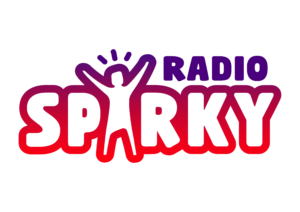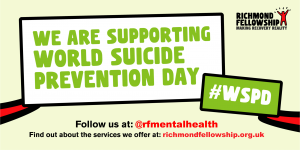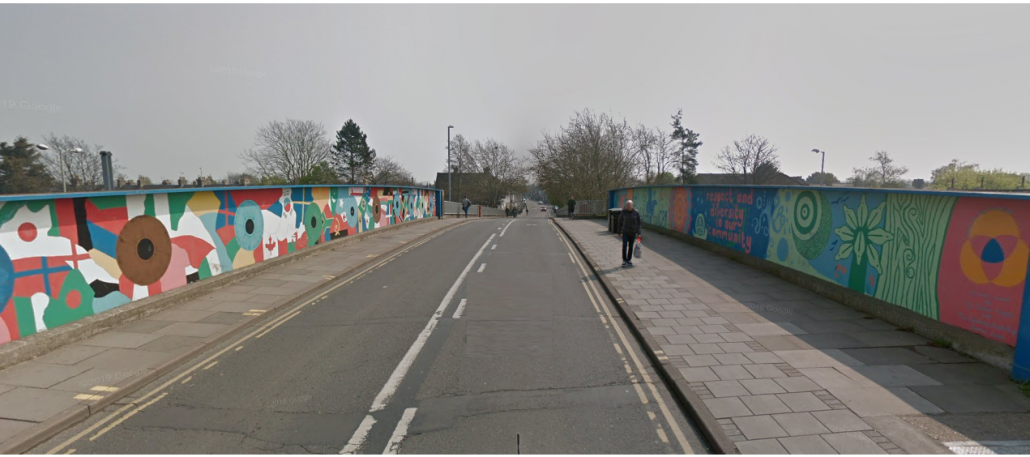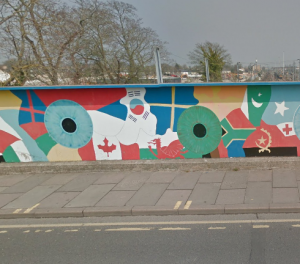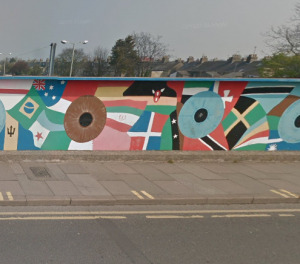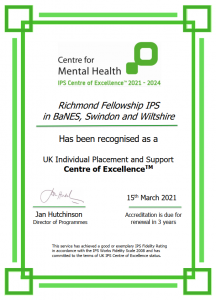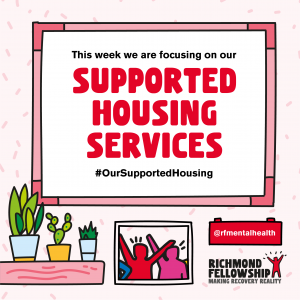 This week at Richmond Fellowship we are shining a light on our Supported Housing services. Supported housing is where we started over 60 years ago. We now have a wide range of mental health services but continue to pioneer and develop our supported housing services. Our supported housing provides people with a real home as well as access to support from Richmond Fellowship’s team of highly trained recovery worker.
This week at Richmond Fellowship we are shining a light on our Supported Housing services. Supported housing is where we started over 60 years ago. We now have a wide range of mental health services but continue to pioneer and develop our supported housing services. Our supported housing provides people with a real home as well as access to support from Richmond Fellowship’s team of highly trained recovery worker.
Today we are hearing from Stephen, Service Manager at Beeches Supported Housing in Liverpool. ‘The Beeches’ has been supporting people with mental ill health for over 30 years. So, what’s it like in one of Richmond Fellowship’s longest running Supported Housing services? We spoke with Stephen to find out!
Why do you enjoy working at ‘The Beeches’ Supported Housing?
I enjoy working in a supported housing because I feel that the positive relationships that can be built between staff and residents can form a very solid foundation for recovery. I believe working within supported housing enables a closer, personal relationship with residents, identifying daily routines, personal preferences, personal and group needs. It is a real joy to support a person and see their recovery journey progress in a positive way.
What does a day to day look like in a Supported Housing?
A day in a supported housing would usually consist of supporting residents with taking their prescribed medication and accurately recording daily events within resident’s case notes, checking on resident’s welfare. Liaising with GP’s and Community Mental Health Teams, liaising with referral agencies, speaking with family and friends of residents, accompanying residents to go shopping or to medical appointments. We also support residents to prepare meals, do laundry, clean rooms, and other general life skills. Our recovery workers also accompany residents to supported day service activities or simply take residents on a cultural walk or a visit to the seaside or any other activity that promotes health and wellbeing.
How does a Supported Housing positively impact someone on their recovery journey?
Supported housing positively impacts a person’s recovery journey because of our staff. The opportunity to develop a positive working relationship with residents, underpinned with professionalism, respect and a desire on the part of the staff member to go the extra mile and make a real difference to the person we support’s recovery.
What has the Beeches been up to recently?
Our service ‘The Beeches’ recently took residents on a day out to Llandudno in North Wales which residents enjoyed immensely, rounded off with some pub grub! Our residents have also supported the RSPCA in the ‘Big Garden Birdwatch’ documenting all the different bird species that visit our beautiful garden and reporting the finding to the RSPCA, further to this, residents have sourced recyclable materials and constructed ‘Bird boxes’ for our garden. Hopefully in the future we shall see some nesting birds take up residence!
How did your service delivery change during the pandemic and what did you learn from it?
Our service delivery changed during the pandemic as we had to be more inventive. We had to look for activities which residents and staff could do which kept people safe and met with Covid-19 restrictions. This limited our opportunities to engage with external support programmes but enhanced the opportunity to develop internal activities. We started movie nights, communal meals, the development of a monthly magazine ‘The Beeches Bugle’ which focussed on health and wellbeing, word search, trivia, poems and stories from residents.
I suppose that the learning we took from delivering support during the pandemic is that it is possible to be more inventive with ideas to promote recovery in different ways, and not to take for granted the many options available to work in partnership to support our residents.
What would you say to someone thinking about working in a Supported Housing?
Do It!! It is very rewarding to work in a supported housing service. It gives you the opportunity to work in a person-centred way, supporting residents with their daily tasks, whether that’s taking medication, attending appointments, going shopping or learning new life skills.
You can find out more about working for us at Richmond Fellowship here.
A huge thank you to Stephen for this insight into Beeches Supported Housing and the great work going on in supporting people’s recovery journeys. To stay up to date on our Supported Housing week, follow Richmond Fellowship on Twitter and like our Facebook page, or check out #OurSupportedHousing. We have over 50 supported housing services across England, and we can’t wait to share more with you about our work!
![]() Listen to our latest edition of Radio Sparky, the podcast which shines the spotlight on the excellent work happening at Richmond Fellowship services across the country.
Listen to our latest edition of Radio Sparky, the podcast which shines the spotlight on the excellent work happening at Richmond Fellowship services across the country.




